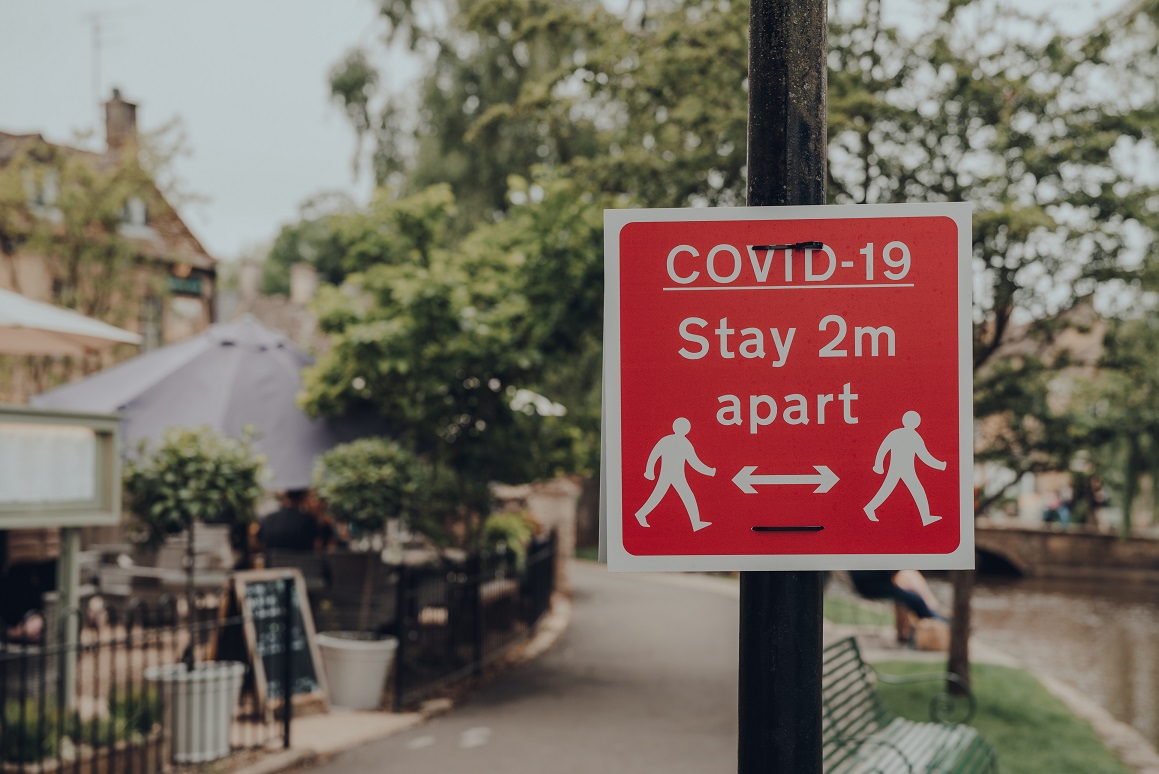
Further to the announcement in the evening of 4 January of a new, third national lockdown, we look at what the new rules mean for employers effective from now and for how long we can expect them to be in place.
Latest lockdown news
The Government announced on 4 January 2021 a new national lockdown. The third lockdown in England is effective now and will become law from 00.01 on Wednesday 6 January. At present this is what we know:
- The new restrictions are expected to last until at least mid-February
- Employees are advised to work from home where this is possible. They should only leave home to go to work if it is unreasonable to do their job from home.
- Employers are expected to make all reasonable arrangements necessary to facilitate employees working from home. This includes providing them with IT equipment to enable them to work remotely.
- Those who cannot work from home should continue to travel to their workplace (if it is permitted to be open).
- Employers must ensure the workplace is safe and should follow COVID-19 secure guidelines.
- Work which must be carried out in other people’s homes is permitted where necessary eg cleaners, nannies, social care and tradespeople. See guidance: Working safely in other people’s homes
- Clinically extremely vulnerable people are to begin shielding again.
Employees who are shielding
People required to shield are due to receive a formal letter advising them to do so.
At the time of writing, those who are expected to shield because they are ‘clinically extremely vulnerable’ are strongly advised to work from home. They may be able to get additional support with arrangements for this via the Access to Work scheme.
Employers should consider temporary alternative roles or working patterns if this would enable homeworking.
Those who cannot work from home, should not attend work. If arrangements cannot be made to facilitate homeworking, then employers should consider placing these individuals on furlough.
As these employees are being advised not to attend work, they may also be entitled to Statutory Sick Pay and Employment Support Allowance.
(The Coronavirus Statutory Sick Pay Rebate Scheme is still in operation for any current or former employees who became eligible for sick pay due to coronavirus.)
New financial support for employers
The Chancellor has announced £4.6 billion in new lockdown grants to be provided to support businesses in the retail, hospitality and leisure sectors. Businesses may receive a one-off top up grant worth up to £9,000, depending on their rateable value.
Those not eligible for this grant may be able to access a fund worth £594 million which is being made available amongst Local Authorities and Devolved Administrations to distribute to those who might also be affected by the restrictions.
Back in December, the Coronavirus Job Retention Scheme was extended, enabling employers to furlough staff until the end of April 2021 and various loan schemes were extended until the end of March.
Travel
Travel is only permitted for work purposes where employees cannot reasonably work from home. They are permitted to leave the area they live in order to go to work, but should avoid leaving their village, town or part of the city in which they live if possible and should reduce the overall number of journeys made.
If work requires you to travel internationally, you should check the rules which apply in your destination and current travel advice.
HR, Health and Safety Support
Essential Health and Safety Training Courses: there are three health and safety courses that cover the key areas that every organisation is legally required to train their staff in. Undertaking this training will help your organisation demonstrate compliance with health and safety legislation. Find out more about health and safety training courses.
Covid-19 Self Assessment Survey: this free online questionnaire for employers will help you to assess and then provide evidence of how safe your workplace is in relation to the pandemic. It will help you to minimise risks and help ensure that workers and visitors are kept safe. Take the Covid-19 Self Assessment for employers and get an actionable report for your organisation.
Covid-19 Risk Assessment Template: this risk assessment template is for employers will help you to assess any risks in the workplace associated with the coronavirus pandemic and then de-risk the concerns to help ensure a safe workplace. You can download the free Covid-19 Risk Assessment Template from our document shop.
Visitor Declaration Form: this free health and safety Visitor Declaration Form will help your business to prevent the spread of COVID-19 and reduce the potential risk of exposure. It will also help you take precautionary measures to protect visitors and workers. You can download the Visitor Declaration Form via our document shop.
Weekly Covid-19 Workplace Check Sheet: this free workplace checklist will help you to identify risks and act accordingly to help reduce the spread of COVID-19 by maintaining a safe workplace for workers and visitors. You can download the free Covid-19 Workplace Check Sheet from our Document Shop.
SME Challenges Post COVID-19: The results of the ‘SME Business Survey’ aim to give you an insight into the challenges that UK businesses think they will be facing over the next 12 months. Download the free report to get gain practical insights into how to overcome these challenges.
HR Solutions are here to provide you with support and advice on any employment, health and safety related issues; to find out more call us on 0844 324 5840 or contact us online.








